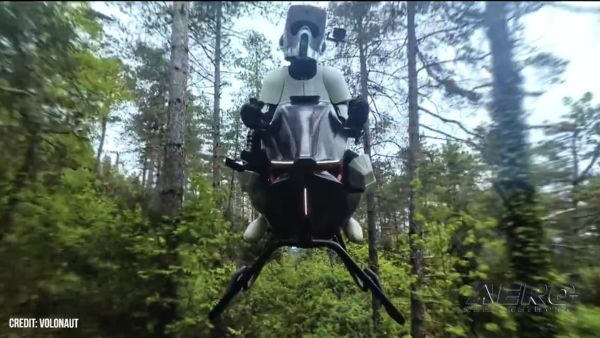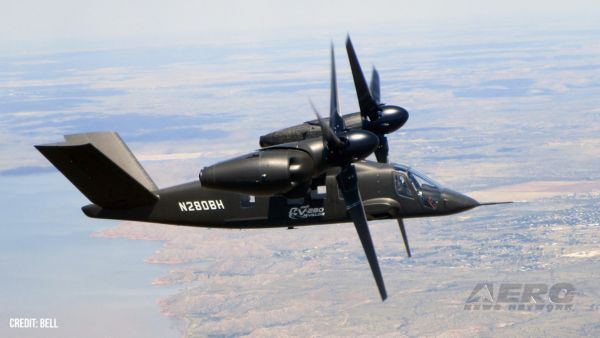Thu, Jun 02, 2005
Advertisement
More News
 ANN's Daily Aero-Term (05.19.25): Fuel Remaining
ANN's Daily Aero-Term (05.19.25): Fuel Remaining
Fuel Remaining A phrase used by either pilots or controllers when relating to the fuel remaining on board until actual fuel exhaustion. When transmitting such information in respon>[...]
 ANN's Daily Aero-Linx (05.19.25)
ANN's Daily Aero-Linx (05.19.25)
Aero Linx: Piper Aviation Museum Preserving the history and legacy of the Piper Aircraft Corporation and its founding family. In the past three years, the Piper Aviation Museum has>[...]
 Klyde Morris (05.16.25)
Klyde Morris (05.16.25)
Klyde Has No Patience... FMI: www.klydemorris.com>[...]
 Airborne 05.19.25: Kolb v Tornados, Philippine Mars, Blackhawk Antler Theft
Airborne 05.19.25: Kolb v Tornados, Philippine Mars, Blackhawk Antler Theft
Also: Tentative AirVenture Airshow Lineup, Supersonic Flight Regs, Private Pilot Oral Exam Guide, Boeing Deal The sport aircraft business can be a tough one... especially when Moth>[...]
 Airborne-Flight Training 05.15.25: Ray Scholarship, Alto NG, Fighter Training
Airborne-Flight Training 05.15.25: Ray Scholarship, Alto NG, Fighter Training
Also: FedEx Pilots, Army Restructuring, Alaska ANG, Incentive for ATC Hiring EAA Chapter 534 in Leesburg, Florida announced that the 2025 Ray Aviation Scholarship winner is Abdiel >[...]
blog comments powered by Disqus



